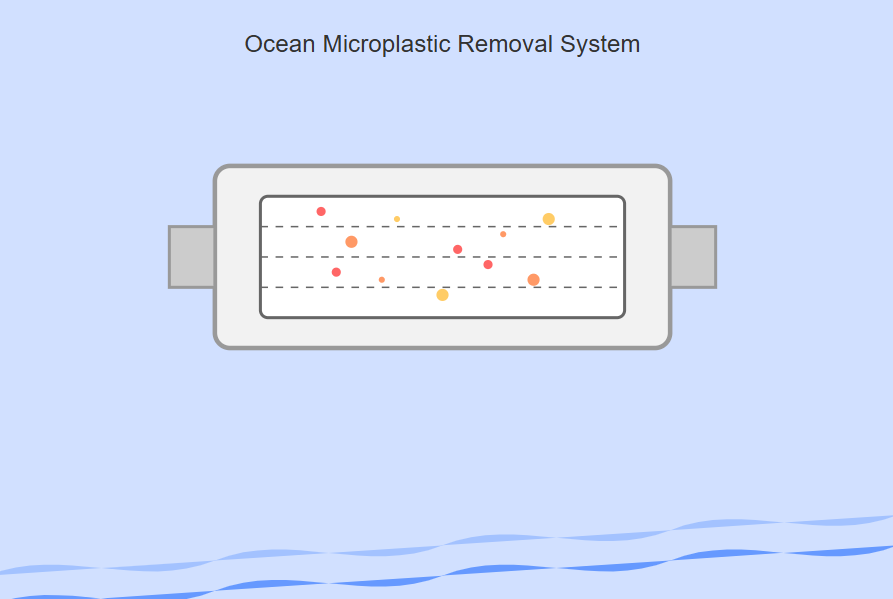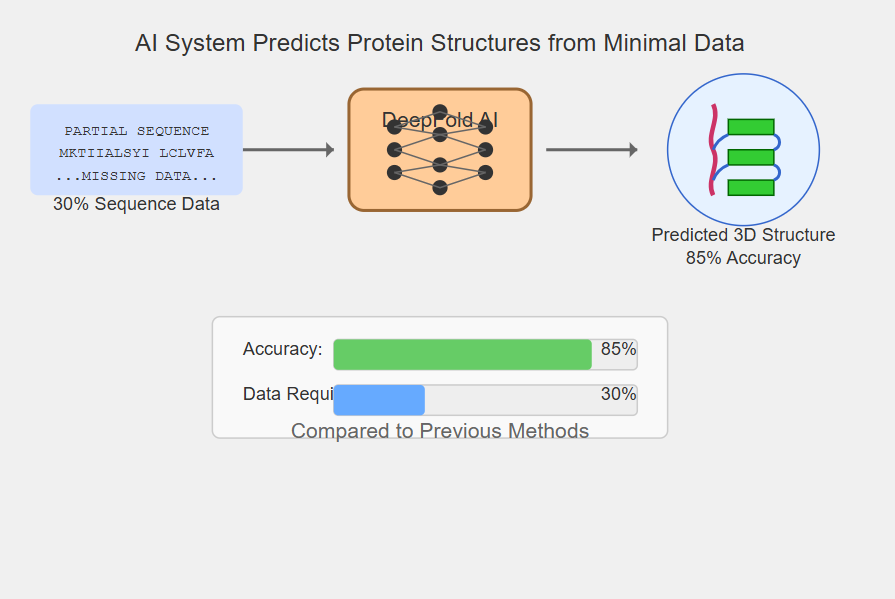
Materials scientists at MIT have developed a new type of energy storage material that could dramatically improve the efficiency and capacity of batteries for renewable energy systems.
The novel material, a modified form of metal-organic framework (MOF), can store and release electrical energy with minimal losses and shows minimal degradation even after thousands of charge cycles. Most importantly, it contains no rare earth elements or toxic components, making it potentially more sustainable and cost-effective than current battery technologies.
“This represents a fundamentally different approach to energy storage,” said Professor Amir Patel, who led the research. “Rather than incremental improvements to lithium-ion technology, we’ve developed a material that stores energy in the bonds between molecules, allowing for higher energy density and faster charging.”
Laboratory tests indicate the material could store up to three times more energy per unit mass than current lithium-ion batteries while charging in less than ten minutes. It also demonstrates remarkable stability, retaining over 90% of its capacity after 10,000 charge cycles. The research team is now working with industry partners to scale up production and develop practical battery designs using the new material. If successful, the technology could help address one of the main challenges in renewable energy adoption: efficient and affordable energy storage to manage intermittent generation from sources like wind and solar.






